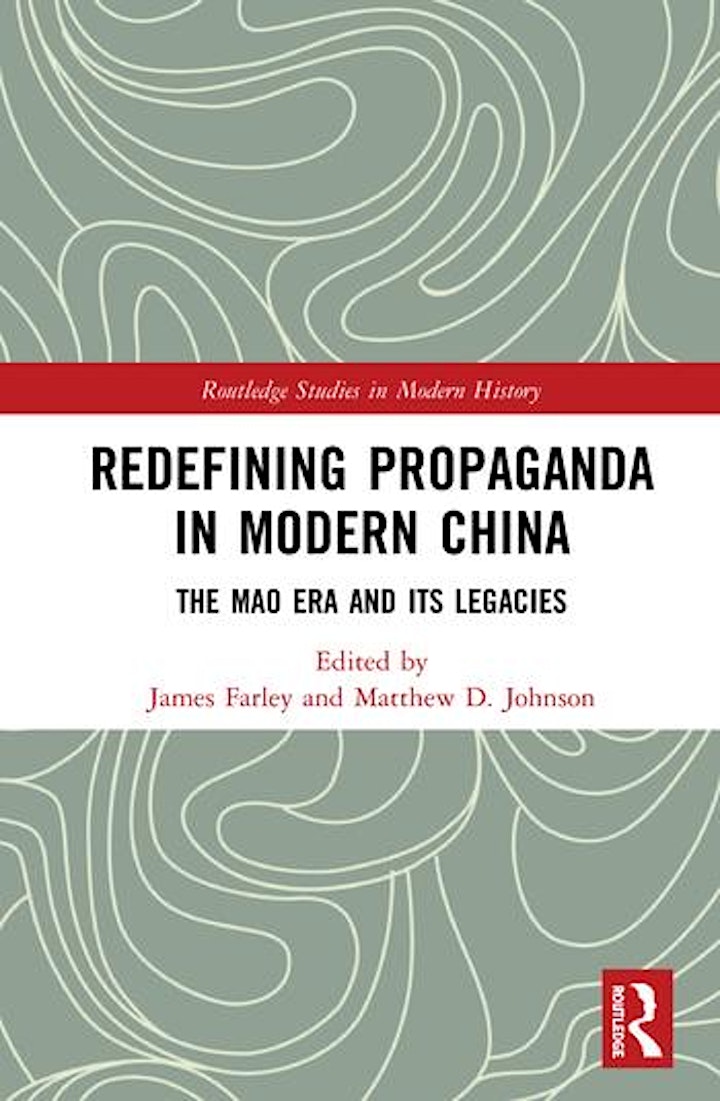China Studies Centre, The University of Sydney
Date: 28 July 2021
Time: 11am–12pm AEST
Location: Online event
This seminar is co-hosted with the Department of Chinese Studies at the University of Sydney.
The term “propaganda” is frequently used in the pejorative, to indicate untruth in politics or media. In pragmatic terms, however, its meanings have changed over time. This talk will focus on what propaganda was in a historical sense, using the concrete example of the Chinese Communist Party in the 1950s and 1960s. What did propaganda mean? What were its institutions and functions? What were its main techniques and themes? What can we learn about popular consciousness as a result? In answering these questions, this talk will draw on research carried out by the speaker during a “golden era” of archival openness in the People’s Republic of China, when researchers were allowed access to documents that allowed them to reconstruct the local details of what had been previously assumed to be a monolithic Party-state. What these records tell us is that experience during the “Mao years” was far from monolithic but, like understanding propaganda itself, determined by more fine-grained distinctions in position and vantage point. This more locally nuanced understanding of China, in turn, is constructive for understanding events both in the past and today.
About the speaker
Matthew D. Johnson is a China-focused researcher and consultant. His past experience includes roles in academia, global macro advisory, and international higher education. He taught history and politics of modern China at the University of Oxford and was founding dean of the Faculty of Arts and Social Sciences at Taylor’s University, Malaysia. He is a former Jacob K Javits fellow, US Fulbright fellow, and board member of the Malaysian-American Commission on Educational Exchange. He has recently co-authored a report on China’s digital RMB, “The flipside of China’s central bank digital currency”, with the ASPI International Cyber Policy Centre.
Image credit: Part of the private collection on chineseposters.net


